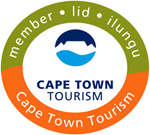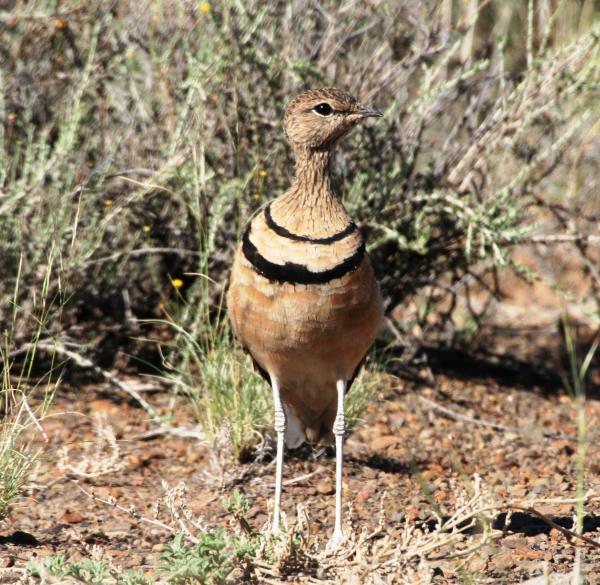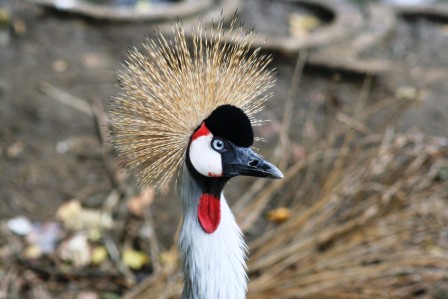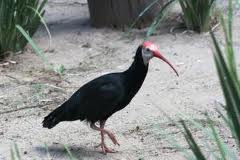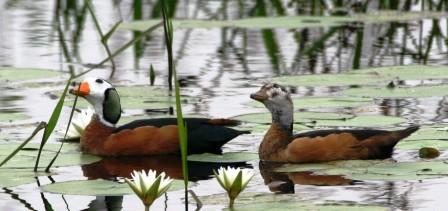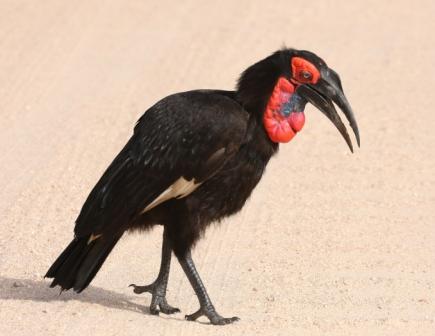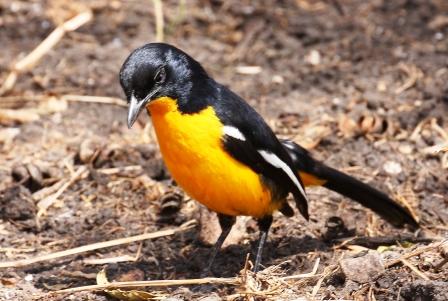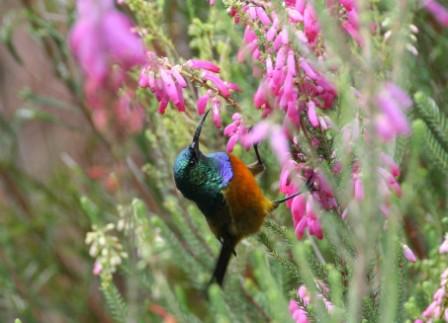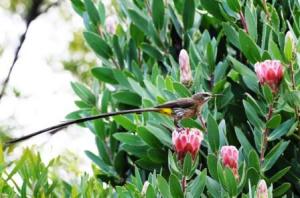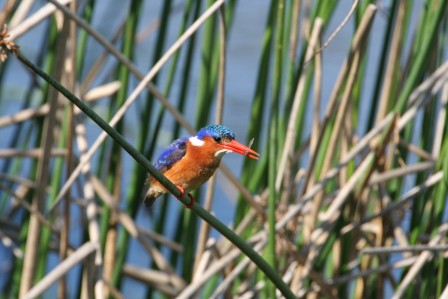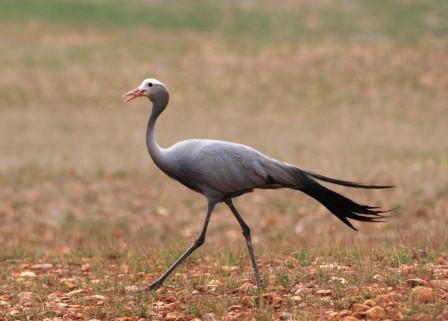|
Newsletter / Blog
2012-12-15
KEEPING YOURSELF AND WILDLIFE SAFE ON OUR ROADS OVER THE FESTIVE SEASON.
The mortality of wildlife due to collision with vehicles in Africa is now being recognised as a significant threat to
many species. This is of increasing concern, particularly in South Africa,
which is the third most biologically diverse country on Earth. With the holiday
season almost upon us, many of us will be taking to the roads to visit friends
and loved ones. The Endangered Wildlife Trust (EWT) wishes all of you safe
travels but also asks that you please spare a thought for the safety of our
country’s wildlife. In addition to the many thousands of animals killed on our
roads every year, thousands of South African road users are injured or killed
from collisions with wildlife each year and almost R1.4 billion worth of damage
to vehicles is reported from these incidents.
Dawn, dusk and early evening, are the times you are most likely to encounter
animals on the road. An alert driver can do much to prevent collisions with
wildlife by following these simple guidelines:
o Keep to the speed limit – driving slower is safer for both humans and
wildlife.
o Look for animals on the side of the road where there is vegetation, poor or
no roadside fencing, or where a river bed might cross under the road.
o Animals may leap out suddenly. Watch for the reflection of their eyes in the
headlights.
o Many animals do not recognise cars as a threat, and don’t know how to get out
of the way – look out and give them time to cross.
o Where one animal is crossing, there may be more – be alert.
o Never throw food or litter out of your car – it attracts animals to
roadsides.
o Keep a look out for dead animals on the road. If safe to do so, move them to
the roadside verge to prevent scavengers feeding on the carcasses, and in turn
becoming roadkill.
As part of ongoing efforts to study roadkill and mitigate its effects the EWT’s
Roadkill Research and Mitigation Project was recently involved in the
development of South Africa’s
first standardised protocol for the detection of roadkill on South African
roads. The protocol assists users in collecting data for multiple species of
vertebrate roadkill and was first used to collect baseline estimates of roadkill
in the Greater Mapungubwe Transfrontier Conservation Area in Limpopo Province.
This assessment in Mapungubwe identified the factors affecting roadkill rates.
Over a 120-day period that encompassed three ecological seasons, 1121 roadkill
carcasses were identified from 166 different species. Of the 1121 roadkill
detected, birds were the most commonly impacted species with 52% of the total
sample. Mammals, reptiles and amphibians followed with 26%, 20% and 2%
respectively. Medium-sized mammal species consisted of Honey Badger Mellivora
capensis, Black-backed Jackal Canis mesomelas, and African Civet Civettictis
civetta. Individuals of larger species included Brown Hyena Hyaena brunnea,
Spotted Hyaena Crocuta crocuta and Leopard Panthera pardus. Additional data
collected found five Cheetahs Acinonyx jubatus were killed on roads adjacent to
the Greater Mapungubwe Transfrontier Conservation Area between January 2006 and
June 2009, with nine African Wild Dog Lycaon pictus road fatalities in a
3-month period in 2012. With only 450 African Wild Dogs left in South Africa,
roads may have serious impacts on Wild Dog population numbers.
We can, and should, all make a difference on our country’s roads this holiday.
Make the festive season a truly joyful time for yourselves and our wildlife by
adhering to the safety rules and guidelines. For further information about the
Wildlife and Transport Programme please contact Claire Patterson-Abrolat on clairep@ewt.org.za. The
Roadkill Research and Mitigation Project is a project initiated by the EWT, Rhodes University
and Tshwane University of Technology with funding from Bridgestone SA. E O
& Son, De Beers Consolidated Mines, Rhodes University
and Mopane Bush Lodge.
| 

